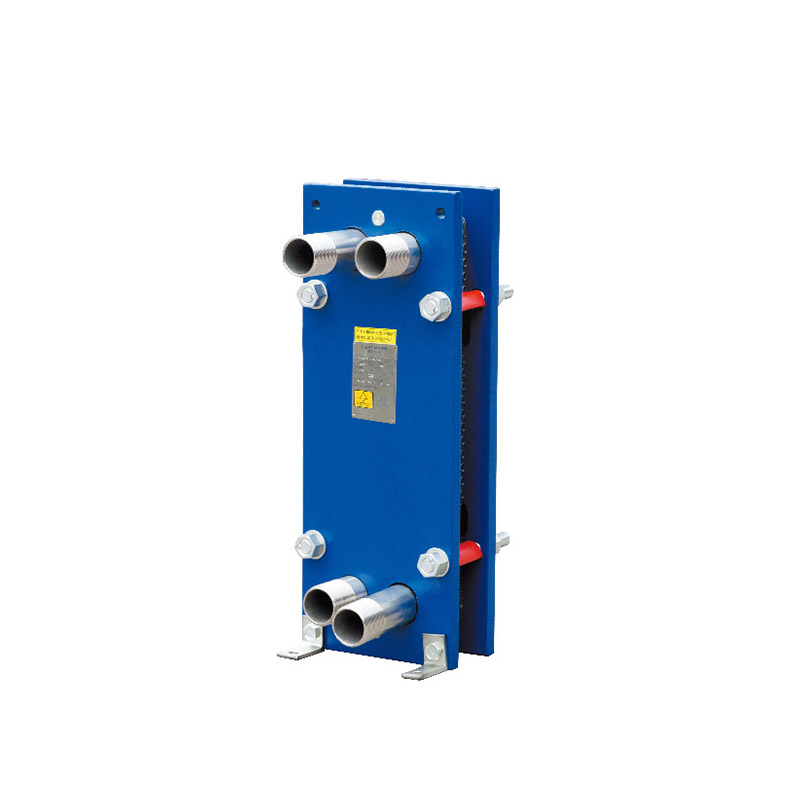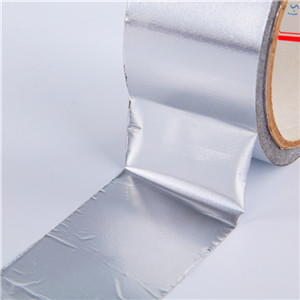In the intricate world of electrical engineering, components often work in harmony to ensure the smooth operation of devices and systems. Among these components, power resistors play a pivotal role, yet they often remain overlooked. This article delves into the multifaceted functions of power resistors, their applications, and the critical considerations for their selection and implementation.
Understanding Power Resistors
At its core, a power resistor is a passive electrical component designed to resist the flow of electric current, converting electrical energy into heat. Unlike standard resistors, power resistors are built to handle higher power levels, typically rated from a few watts to several kilowatts. Their primary function is to manage voltage levels, dissipate excess energy, and protect sensitive components from damage due to overcurrent conditions.
Key Functions of Power Resistors
- Current Limiting: One of the primary functions of power resistors is to limit the amount of current flowing through a circuit. This is particularly crucial in applications where sensitive components, such as microcontrollers or sensors, could be damaged by excessive current. By strategically placing power resistors in a circuit, engineers can ensure that the current remains within safe operating limits.
- Voltage Division: Power resistors are often used in voltage divider circuits to create specific voltage levels required for different parts of a system. By adjusting the resistance values, engineers can tailor the output voltage to meet the needs of various components, ensuring optimal performance.
- Load Simulation: In testing and development phases, power resistors can simulate loads in a circuit. This is essential for evaluating the performance of power supplies and other components under real-world conditions. By using power resistors to mimic the behavior of actual loads, engineers can gather valuable data and make informed design decisions.
- Heat Dissipation: As power resistors convert electrical energy into heat, they play a crucial role in thermal management within electronic systems. Properly designed power resistors can dissipate heat effectively, preventing overheating and ensuring the longevity of the entire system. This is particularly important in high-power applications, where thermal buildup can lead to component failure.
Applications of Power Resistors
Power resistors find applications across various industries, including:
- Automotive: In electric and hybrid vehicles, power resistors are used for regenerative braking systems, where they help manage energy flow and improve efficiency.
- Industrial Equipment: Power resistors are integral in motor control systems, where they provide precise current control and protection against overload conditions.
- Telecommunications: In communication systems, power resistors are employed in signal processing circuits to ensure signal integrity and prevent distortion.
- Renewable Energy: In solar inverters and wind turbines, power resistors help manage energy conversion and storage, playing a vital role in the efficiency of renewable energy systems.
Selecting the Right Power Resistor
When choosing a power resistor for a specific application, several factors must be considered:
- Power Rating: The resistor's power rating must exceed the maximum expected power dissipation to prevent overheating and failure.
- Resistance Value: The resistance value should be selected based on the desired current and voltage levels in the circuit.
- Tolerance: The tolerance level indicates how much the actual resistance can vary from the specified value. For precision applications, low-tolerance resistors are preferred.
- Temperature Coefficient: This parameter indicates how the resistance changes with temperature. A low temperature coefficient is desirable for applications requiring stable performance over varying thermal conditions.
- Physical Size and Mounting: The physical dimensions and mounting style of the resistor must be compatible with the overall design of the circuit to ensure proper heat dissipation and integration.
Conclusion
Power resistors are indispensable components in modern electrical and electronic systems. Their ability to manage current, dissipate heat, and protect sensitive components makes them vital in a wide range of applications. By understanding their functions and selecting the appropriate type for specific needs, engineers can enhance the reliability and performance of their designs. As technology continues to evolve, the role of power resistors will undoubtedly remain crucial in the quest for efficient and effective electrical solutions.



